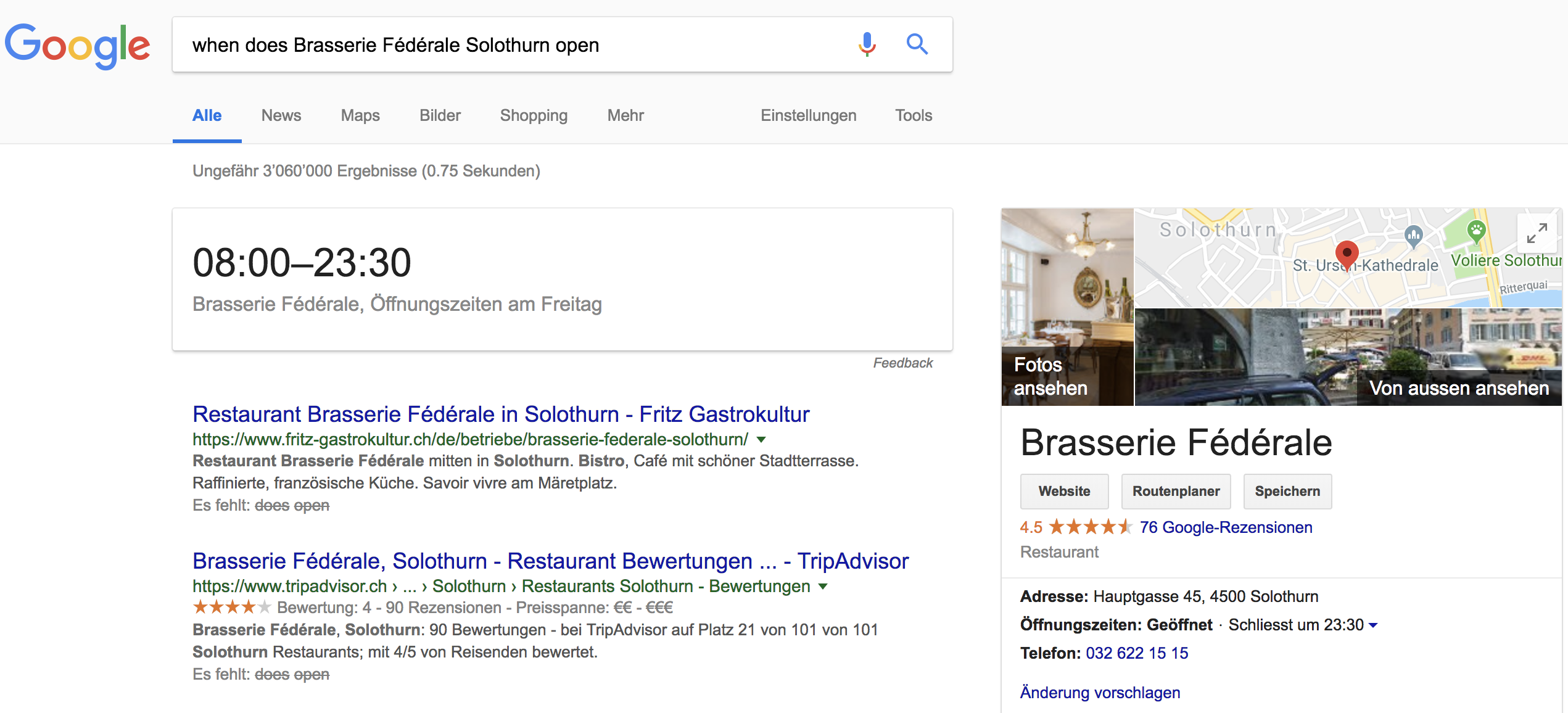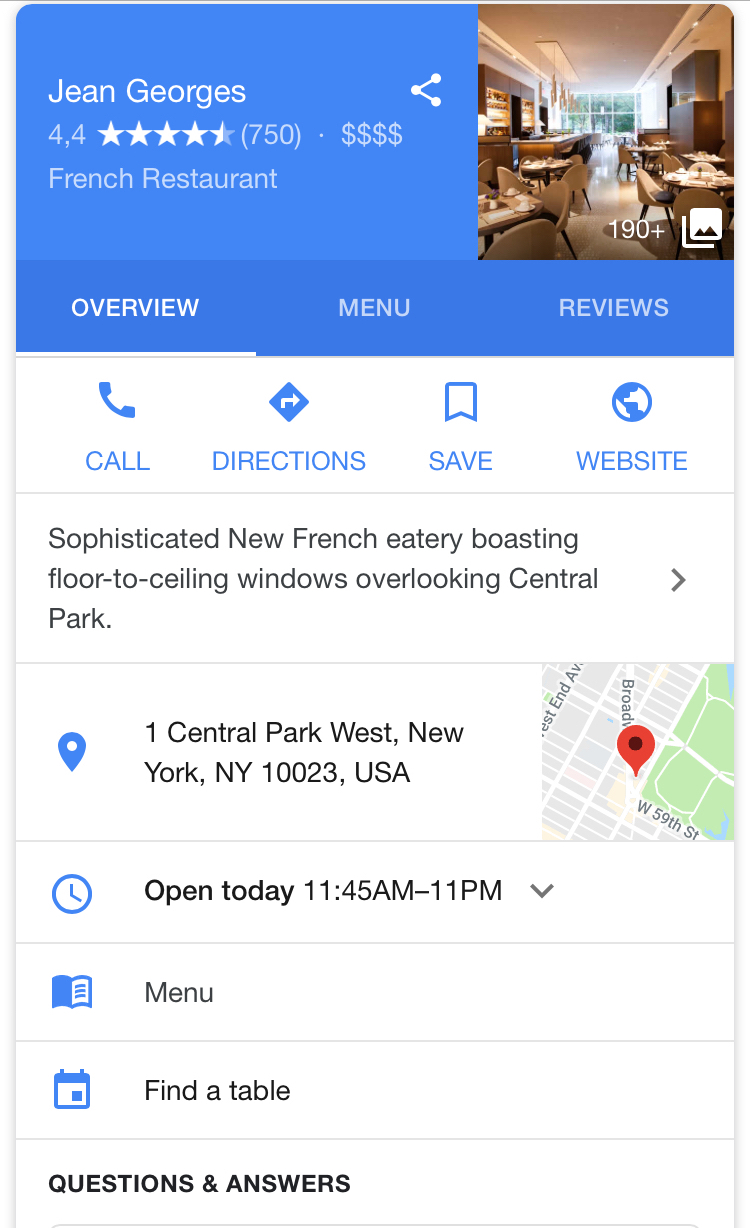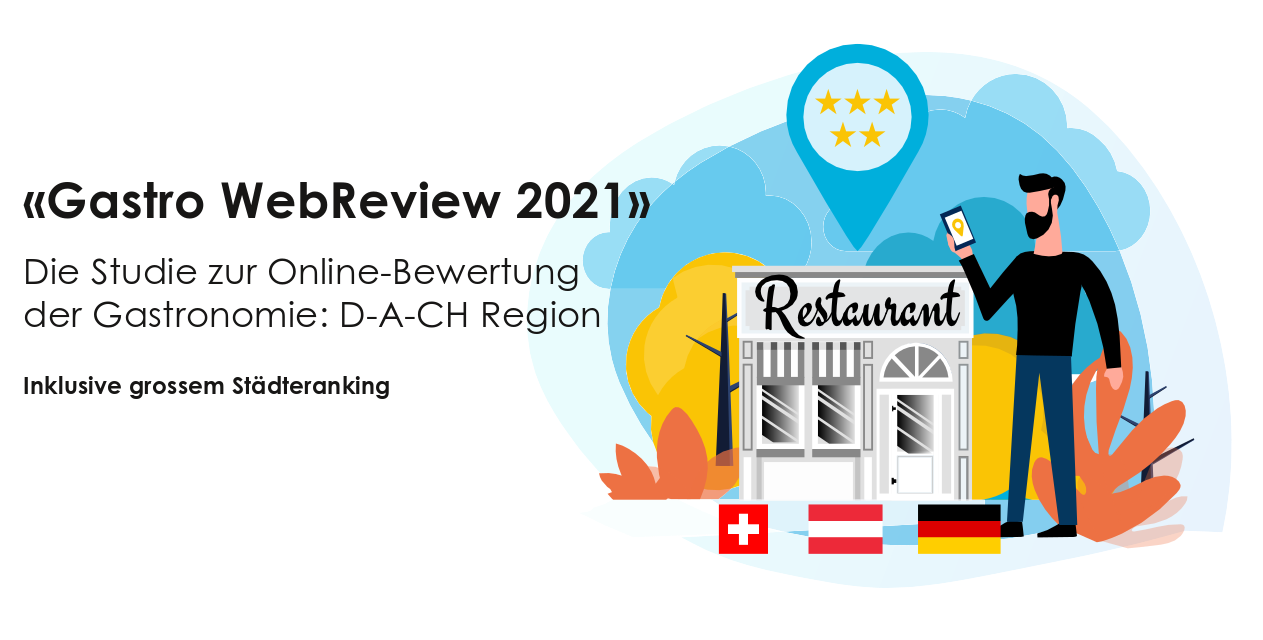SEO Tips for Restaurants

Although these days it’s possible to rank on the first search engine results page (SERP) even without a website, we strongly recommend having one. The reason is that it’s your own asset in the online world, you can decide on the content and use it as a tool to outperform your competitors.
However, it’s not enough just to have a website, you should continuously optimize it so that search engines can find it easily and put it higher on the SERP when hungry users are looking for your restaurant.
Improving search visibility will drive more potential customers to your website, which will boost your bookings. That’s why it’s a must these days to invest in SEO and have a strong SEO strategy for your restaurant.
1. Optimize your website
– Working hours are another important piece of information. Are you open daily? Do you serve warm meals throughout the day? It’s an advantage, so highlight it for your guests.
– Your menu. People tend to check the menu before they come to the restaurant. It’s important that users can find the menu on your website, including the lunch and seasonal offers that you would like to promote.
– Photos of the interior. The photos should catch the eye. Users decide whether they would like to spend time in your restaurant by pictures. Make the best of it.
– A way to make a reservation. It’s an obvious function your website should have. If users checked your location and the menu and they liked what they saw, they would like to book right away, without leaving the page. Make it easy for them!
“When optimizing your website, make sure that it is mobile friendly.”
2. Schema.org markup

Like that you can mark up the necessary information, for example, your address, the url to your menu, etc. Although this code may look complicated, you can find good examples how you can implement it on schema.org. Besides, you can use Google’s Structured Data Markup Helper that makes it very easy to tag your web pages.
Adding Schema markup also enhances the rich snippets that are showed below your page title and contain extra information about your business, for example, your star rating.
As voice search gains more and more popular, schema markup may play an important role in improving your SEO results.
3. Local search is key
Check that NAP (name, address, phone) data is accurate and consistent across the platforms and your website. Make sure that hours of operation are up-to-date and add the relevant keywords in the fields of information such as business description and category.
For example, if you are running a Thai restaurant, you should choose “Thai restaurant” as your category rather than just “restaurant”. Like that you will target your relevant audience and get a higher ranking due to less competition. These are important elements of local SEO and have to be properly monitored.
To go beyond that, you can optimize your business listing further. Let us say a few words about each of the big platforms where you should have a business listing as a restaurant:
Google Business Profile. Having a business listing here defines your presence on Google and especially your appearance in local search. Filling correct information on your Google Business Profile is very important since this is where Google pulls in data from answering to searches like “when does Brasserie Fédérale Solothurn open” and other more expanded local intent queries. This is especially true for voice search which is getting more and more popular.

There are a couple of good features available for restaurants which are accessible via your Google Business Profile:
– Google Posts: a possibility to add a post of up to 300 words with a picture and a link to it. Posts can be used to publish news about your restaurant, promote an event, or advertise your specials.
– Q&A: this feature allows you to ask and answer questions about your business. We recommend preemptively asking and answering questions which might be useful for your guests. You should certainly monitor it and be the first to reply to your customers’ questions when they appear on your business listing.
– Quick urls: you can add your own urls for specific actions in Google Business Profile, including reserving a table or viewing the menu. Such links not only give you more space in the results, they help users find the right information quickly. It increases the conversion rate as customers can book a table directly from your listing. Below you can find an example:

Results that a user sees are personalized. For example, places that your friends have recommended or checked into will be displayed higher. All the more reason to promote your Facebook page and ask your customers to leave a review.
TripAdvisor is another citation source where your restaurant should be listed to improve your SEO. If you want to optimize your TripAdvisor profile, please read “Strengthen Your Online Presence on TripAdvisor”.
Citations are not only an important local SEO signal but also a great source of traffic. Being present on sources like Google, TripAdvisor, and Facebook impacts whether or not you will found by potential customers.
It may be quite time-consuming to manage all the listings manually. You can use one of the online citation services which allow you to submit and update business data in several directories/citation sites out of one place. BrightLocal has done a solid guide comparing the biggest citation services that are available on the market. However, most of the tools mentioned in the guide focus on the English speaking markets (USA, Canada, and the UK).
4. Create unique content
The content should be engaging, helpful and help building your brand. Besides, the website should be “alive”, so the content should be updated frequently.
Restaurants have a lot of content to share: tell a story about the founders, show attractive pictures or videos, present your menu, and engage in the communication with your customers. You can post some recipes or tell a story about a recent event.
Your job is easier if you run a single location rather than a chain of restaurants. In the latter case, you should make sure that you don’t just duplicate your content for all the locations, but provide unique localized content that is tied to each of the restaurants.
When generating content, you should avoid using Flash and PDF. Flash is an outdated format that is not supported by all mobile devices, which may be a big disadvantage for your potential customers. There is a number of reasons why having your content in Flash may lower your search engine visibility, for example, a lot of Flash isn’t crawlable by Google.
Many restaurants upload the menu on their website as a PDF file. It’s a bad idea because PDFs are generally not very good for SEO. If you do have the content in PDF-format make sure that your file contains plain text and give the file the SEO-friendly name and properties (meta data).

5. Keywords
The keywords should have a reasonable amount of search volume but without a lot of competition. For instance, “Italy” would be too general for an Italian restaurant to rank for.
There are plenty of SEO tools which monitor your position according to the chosen keywords and give recommendations how you can improve your ranking.
6. Basic on-page optimization
First, check your robots.txt (indicates to search engines which areas of the website should not be processed or scanned) and XML sitemap (provides search engines with a list of all the urls that make up your site) and set up Google Search Console.
– Urls should be short and clear. They should contain the keywords from the page’s titles and reflect the category hierarchy of your website.
– Title tags are the second most important on-page SEO factor after content, according to Moz. The homepage’s title tag should contain your business’s name and the most important information that describes your business.
Title tags should be unique for all of the pages of your website. They should be between 50 and 60 characters long so that Google does not trim them down. Finally, they should include your relevant keyword (but avoid keyword-stuffing!). It’s a good idea to add your brand name at the end of the Title tag.
– Meta Description is a short description of what the page is about. Like Title tags, Meta Description should be unique for all pages, should contain your relevant keywords (search engines highlight them in bold if they coincide with the searcher’s query), and should not be longer than 135-160 characters. See an example of the Title tag and Meta Description Tag below:

7. Reviews
Reviews play a decision-making role for consumers when choosing a restaurant. Encourage your customers to leave a review on the biggest review sites such as Google, TripAdvisor, and Facebook. And when they do, respond to them! Negative or positive, we recommend responding to all your online reviews.
It’s a good idea to showcase the good reviews on your website. Positive reviews and testimonials will make the reservation easier.
8. Social media
How good is your business?
We calculate your Online Reputation Score based on your customer feedback.





